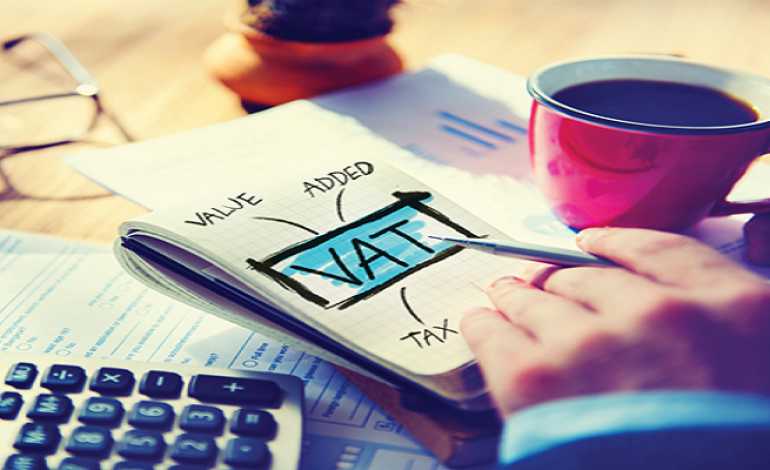Implementation of Value Added Tax (VAT) in the oil-rich GCC countries marks a cornerstone in the region’s unified agenda of diversifying government revenues. Mounting fiscal pressures which were triggered by falling oil prices since 2014, have catapulted this agenda by putting into force reforms that will help restore fiscal balance. The effects of VAT as one of the fiscal consolidation measures, is expected to be largely positive for all stakeholders of the economy; governments, businesses and consumers.
All GCC countries plan to introduce a 5% VAT in 2018, Kingdom of Saudi Arabia and United Arab Emirates have taken the lead by announcing that the VAT will come into effect on 1 January 2018. According to IMF estimates, a 5% VAT can potentially raise additional revenues by 1.2 to 2.1% of GDP for all the six countries in the region. In the case of UAE, the first year of VAT implementation is expected to generate approximately AED 10bn to AED 12bn revenues (Grant Thorton paper 2016). Moreover, a successful implementation will help increase transparency and endorse GCC government’s commitment towards expanding its non-oil revenue base.
IMF recognises that each GCC member state may face different challenges in its efforts to implement the VAT by 2018. Most pressing is the cost of enhancing administrative capacity requiring substantial investments in establishing a supportive legal framework, technological infrastructure to support the VAT registration system and human resource.
Businesses are being urged by governments to gear up and stream line their operations to allow for a smooth transition into the VAT era. According to Grant Thorton, it can take businesses from three months up to one year to prepare for VAT. How this tax will impact businesses in GCC, is still being debated. It is expected that the immediate impact of the tax will be to increase operational costs of businesses, with larger firms having the ability to absorb such costs more quickly. As in the case of governments, businesses too will have to incur costs on enhancing their IT systems, and recruitment of specialist personnel and staff trainings. Businesses will also need to ensure that their legal contracts are VAT compliant. To what extent businesses would want to pass on the tax to consumers, will largely depend on the price elasticity of their product (Deloitte).
The price of goods and services for consumers is expected to witness a slight increase, albeit a one time rise (SAMA). However, it is widely being debated whether this hike is going to be inflationary or even deflationary. With basic food items and healthcare expected to be exempted from VAT, lower income consumers/households may not be affected by the introduction of the tax. Moreover, with improved non-oil tax revenues, GCC governments will be able to ensure smooth and continued provision of public goods and services.

Comments
???
3 years ago?????
3 years agomotrin dose for 20lb baby
4 years agoBennyVAT
5 years agoBennyVAT
5 years ago